Kitawasi, Tanzania — After leaving her husband, Boke Chaha, 25, married a widow. But it wasn’t for love.
“I was over men,” said Chaha, a member of the Kuria tribe who lives in the Tanzanian village of Kitawasi, near the border of Kenya. “I chose to come stay with this woman, to help each other.”
She wed 64-year-old Christina Wambura five years ago, under the Kuria tradition of nyumba ntobhu, or “house of women.” The practice allows an older woman without male descendants to marry a younger woman – who has sons or may have them in the future – ensuring her legacy won’t get lost. But it also offers women something else: safety.
Over 78% of women in the Mara region, where the Kuria tribe makes up the majority of the population, have been physically, sexually or psychologically abused by their husbands, according to government data. It is the highest domestic violence rate in all of Tanzania. For an increasing number of Kuria women, nyumba ntobhu has provided an exit strategy.
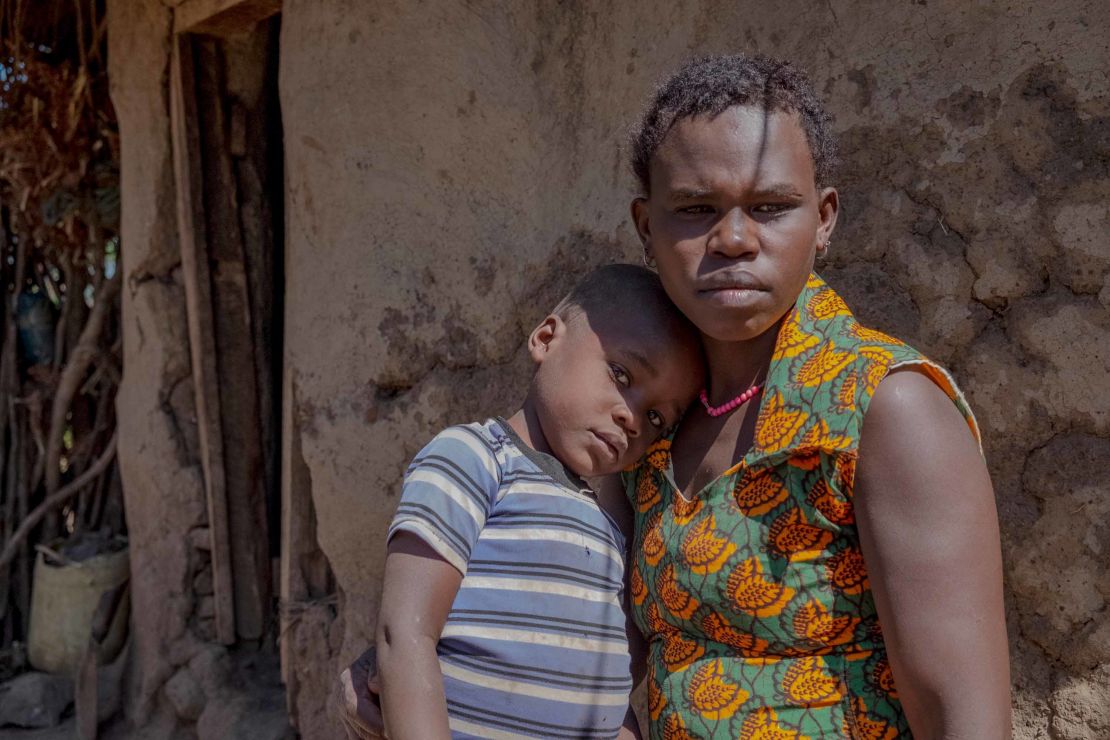
The unions have become increasingly popular within the Kuria tribe. In Tarime district, where Chaha and Wambura are from, these female marriages now represent over 20% of households, according to the local NGO Centre for Widows and Children Assistance.
While not romantic or sexual, the relationships serve as a stark contrast to how Tanzanian law treats same-sex couples. Homosexuality is illegal in Tanzania, and women who do love each other cannot show it in public. Members of the LGBTQ community have become increasingly persecuted, and some in other parts of the country say they fear for their lives because of a crackdown orchestrated by a controversial governor.
Inside their modest home, Chaha and Wambura have created an oasis. Colorful strips of fabric are arranged in a fringe-like rainbow across the ceiling. Orange, purple and yellow cloth circles paper the walls. One of their young children patters in and out of the doorway, stopping to sit with Wambura as she prepares lunch.
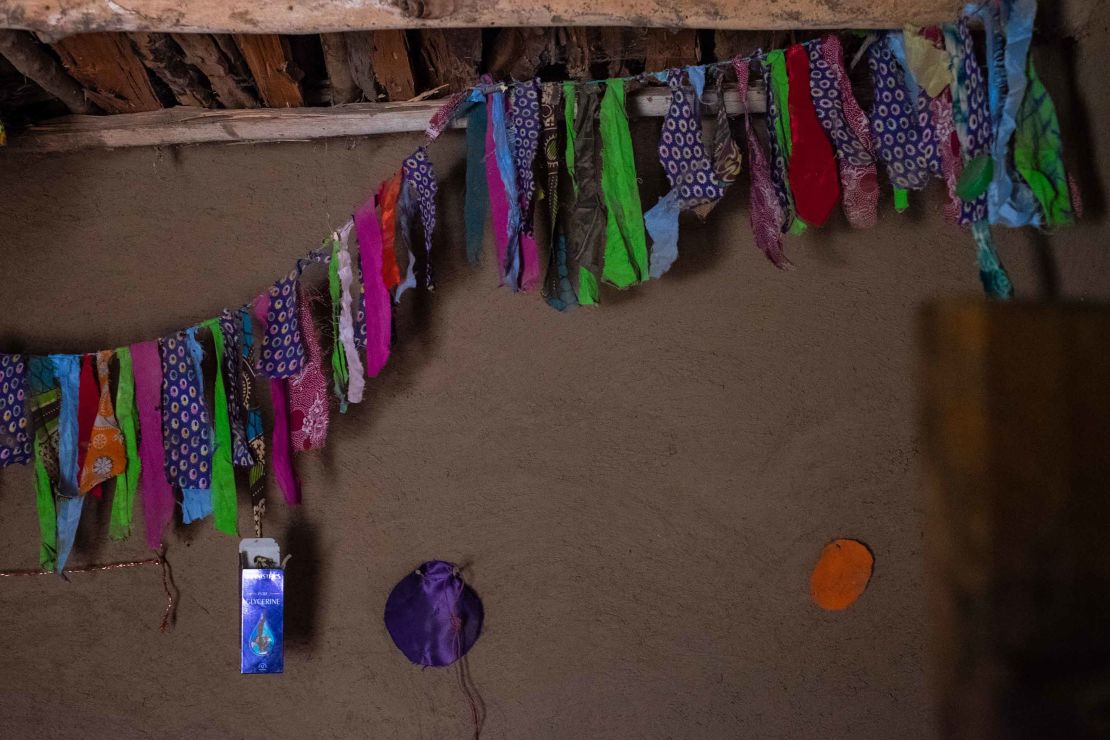
“Life here is much better. There is no one beating me up. No one is fighting with me. It is a partnership in finding food for the kids and us,” Chaha said, sitting outside in the afternoon sun.
Chaha says she felt threatened by her husband, who she married at 15. She wanted a safer environment for her son, so she left him.
Chaha went back to her parents’ home, but she still had to repay the dowry he had given her family – nine cows. Each cow is worth about 500,000 Tanzanian shillings (about $216 dollars).
Soon after Wambura asked for Chaha’s hand, she offered to cover the costs of her dowry.
“Christina came and asked my father if I could live with her,” Chaha explains. “The dowry she gave my father was used to refund my ex-husband. So, I am officially her family now.”
Wambura says she had also experienced a volatile first marriage. She wed when she was 11 years old and lived on the other side of Kitawasi with her husband. After her son died at birth, she couldn’t get pregnant again.
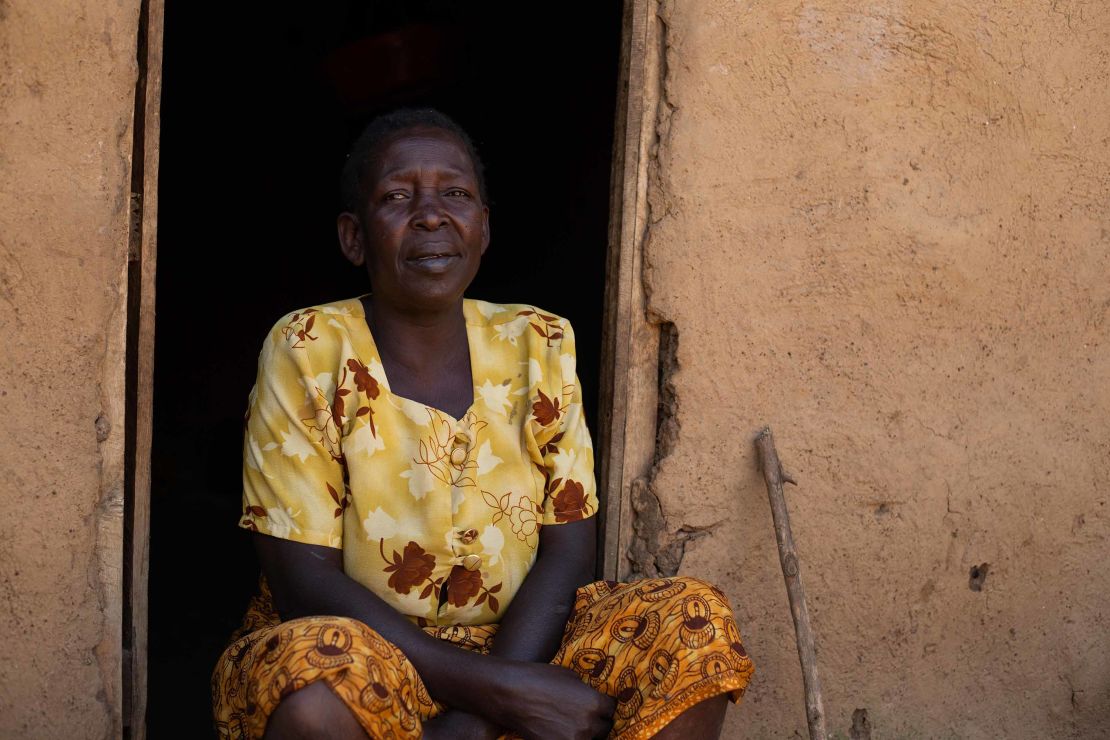
“That was the beginning of our fights,” Wambura said. “He would kick me out of his house day after day saying, ‘you are barren, leave my home, you are barren, leave my home.’”
So she did.
Wambura spent 11 years in Mwanza, a small city by Victoria lake, working at a fish factory and as a maid. Then she went back to Kitawasi.
Wambura’s younger brother bought her a small plot of land where she now lives with Chaha. He also helped buy the cows to pay for Chaha’s dowry.
Wambura says her life has improved since Chaha came into it. “The benefit is having a companion,” she said.
She has reveled in getting another chance at motherhood. Parsing through the silver dried fish with her youngest son on her lap, Wambura teaches him with a soft, loving voice how to get rid of the ones that have gone bad. The cheerful woman seizes any opportunity to hold the children in her arms and to educate them.
“Right now, we have two kids in school,” she says proudly.
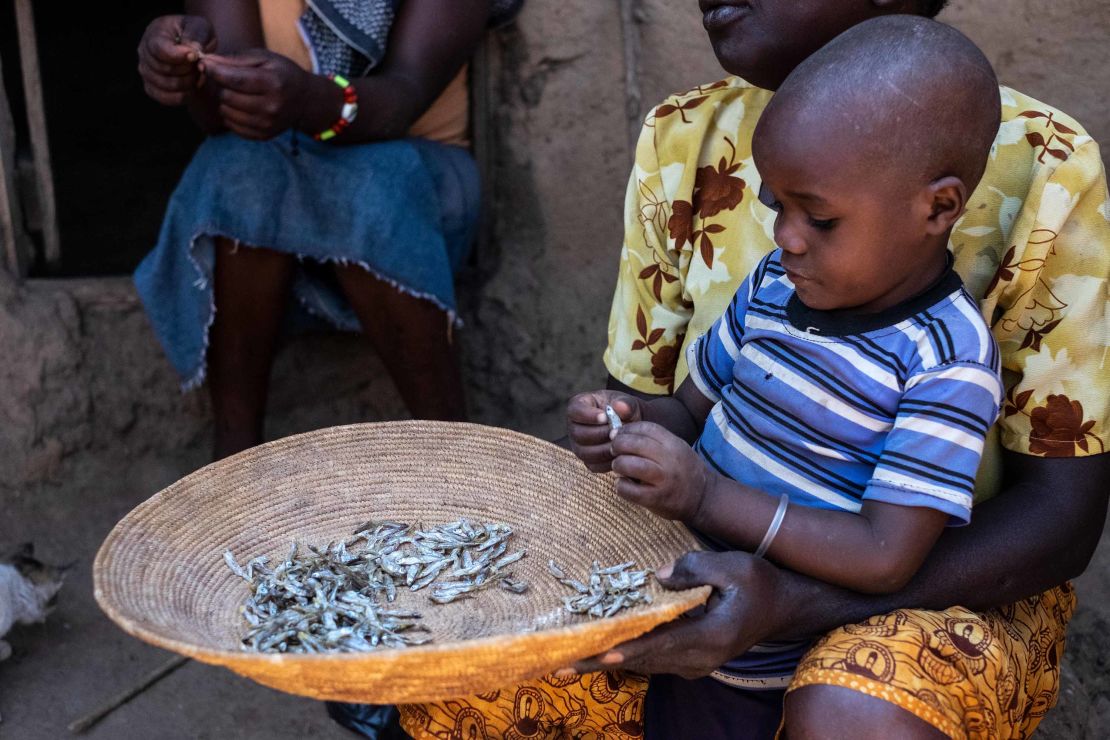
Chaha has given birth to three boys since she moved in with Wambura. Their relationship means she’s free to pick her own sexual partners, without any strings attached.
“After getting pregnant, I leave the man,” Chaha explains. “Once the baby stops breastfeeding, I go and look for another baby.”
Chaha says she is happier with such arrangements: “I do not have a man. I am living free.”
Despite the loophole it provides for women seeking to escape abusive relationships, nyumba ntobhu has been criticized by some NGOs and academics for replicating some of the same negative aspects of tribal life. Women in the Kuria tribe, a deeply patriarchal community, also face customs like female genital mutilation (FGM) and polygamy.
“It denies the [younger] woman who marries her fellow woman any rights to inherit property, making her useless later,” says lawyer Emmanuel Clevers from the Centre for Widows and Children Assistance in the Mara region.
As in many other societies in sub-Saharan Africa and beyond, women are not allowed to own or inherit any property in the Kuria tribe.
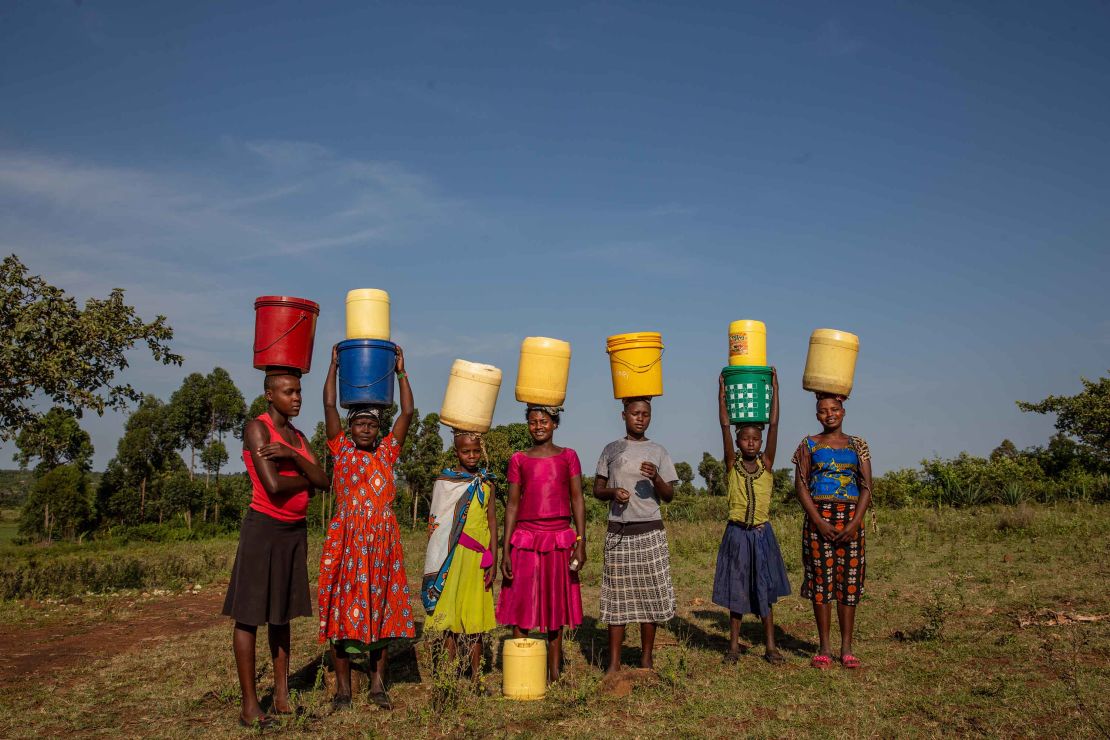
According to Tanzanian law, both men and women have equal rights to own property, but that does not translate to the reality of rural communities influenced by centuries-old traditions. Only 20% of Tanzanian women own land in their own names, according to the United Nations Food and Agriculture Organization and Thomson Reuters Foundation.
Clevers is also critical of the fact that the children belong to the older woman in the marriage, stripping the biological mother of her rights.
Even so, both Chaha and Wambura say it’s better than the alternative.
“Now I am at peace,” Wambura said. “No one is insulting me, telling me I am like a cow and barren cows are better off dead.”
“No more beatings. No insults,” she added.
Even though she has only had male children so far, Chaha knows exactly what she would do if she ever gave birth to a daughter: “If I get a girl, I won’t make plans to marry her. Instead, I will work hard to educate her.”
This story was funded by the Bill & Melinda Gates Foundation through the Innovation in Development Reporting grants’ program, a media-funding project operated by the European Journalism Center, and the International Women’s Media Foundation (IWMF), African Great Lakes Reporting Initiative.



